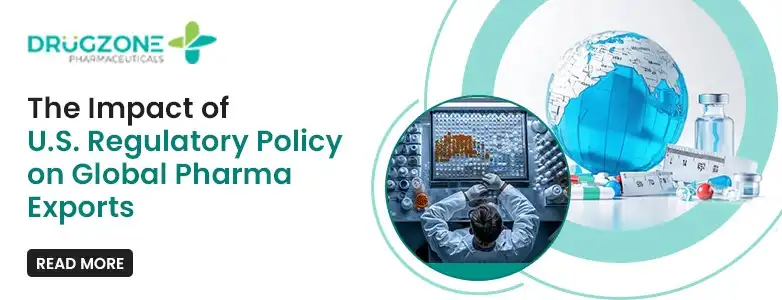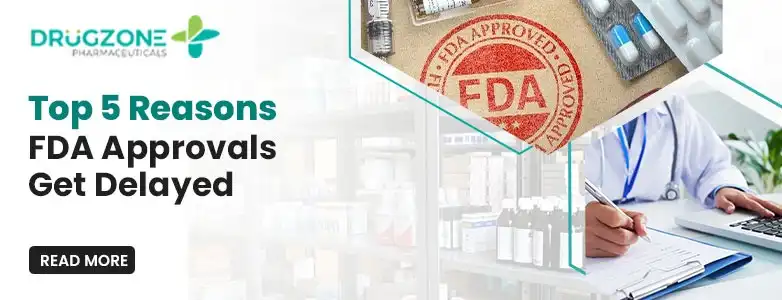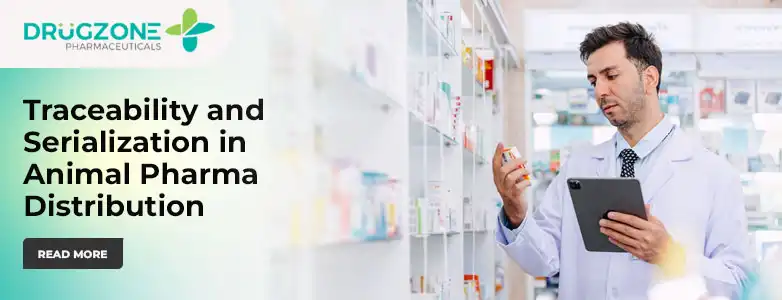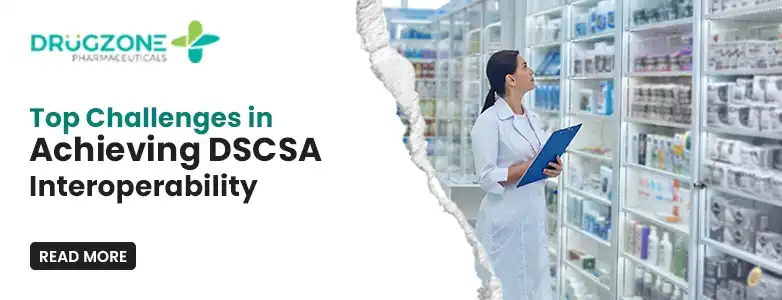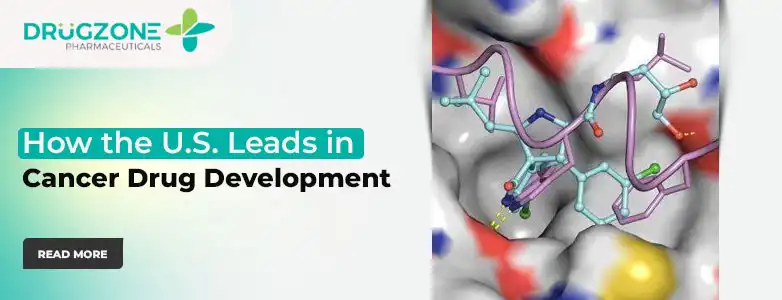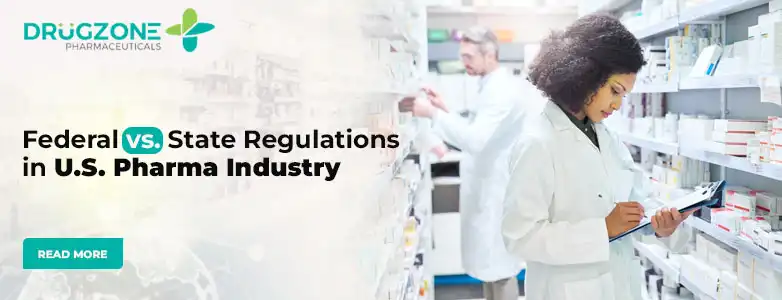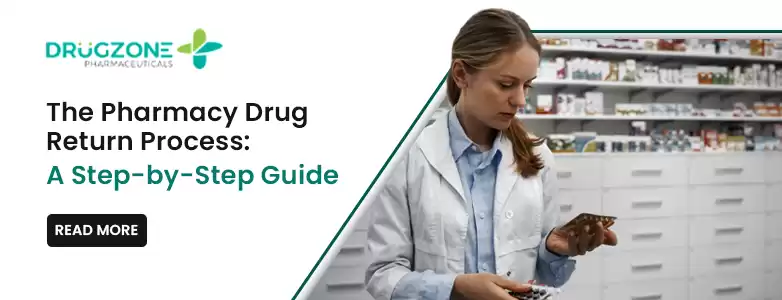
Posted On: April 29, 2024
The Pharmacy Drug Return Process: A Step-by-Step Guide
In our journey towards a healthier planet and community, figuring out what to do with unused or expired medications is really important. It's a big step towards keeping our environment safe and preventing any health risks to the public.
Leading the charge in this effort is our teamwork with trusted pharmaceutical distribution companies. Together, we can make sure this process is not only good for the planet but also runs smoothly.
Step 1: Identifying Eligible Medications
At this stage, certain medications that have outlived their usefulness or haven't been used at all are earmarked for return. This helps with the initial act of classification of separation.
Step 2: Evaluating the Medications' Condition
The next step involves closely examining the medications. It's crucial that they remain in their original packaging and display no signs of tampering. This helps in ensuring that the returned goods are ready to restock.
Pharmaceutical distribution companies place a premium on products that remain unopened and intact, ready to be accepted back.
Step 3: Understanding the Return Policy
At this point, consulting the return policies of the associated pharmaceutical distribution entities is essential. Each company sets its guidelines regarding acceptable returns and the timeframe for submissions, necessitating adherence to ensure a seamless return process.
Step 4: Organizing Logistics for Return
Preparing the medications for their return journey requires meticulous planning. It’s about packing them with care, adhering to shipping regulations meticulously to ensure they reach their intended destination safely and within compliance.
Step 5: Documenting the Process
Maintaining a detailed log of the medications sent back is a regulatory necessity. This documentation covers crucial details such as the type of medication, quantity, reason for return, and date of submission, ensuring transparency and potential reimbursement facilitation.
Step 6: Completing the Return Forms
Filling out the necessary paperwork provided by the pharmaceutical distribution companies or manufacturers is paramount. This includes providing data about the pharmacy, the medications being returned, and the conditions under which they’re sent back, essentially notifying the receiving end of the impending return.
Step 7: Awaiting Acknowledgment and Reimbursement
Once the returned items are received, a confirmation from the distributor or manufacturer follows. Depending on the policy, pharmacies may be eligible for reimbursement for the products returned. This stage requires patience, as processes vary across pharmaceutical distribution companies.
Step 8: Ensuring Proper Follow-Up
The final act in the medication return saga involves verifying that the return was processed accurately and any due credit has been allocated. It's the culmination of ensuring every step taken contributes meaningfully towards a successful return and reimbursement cycle.
FAQs on Pharmacy Drug Return Process
Q. Why should we give back unused medications to pharmaceutical distribution companies?
Giving back unused medications is really important because it helps prevent pollution, stops people from using medications in the wrong way, and ensures we follow laws and safety rules. This helps keep everyone in the community safe and healthy.
Q. Can we return any medication?
Not every medication can be returned because of different reasons like what condition it’s in or its legal status. It’s a good idea to check with the company’s policy to be sure.
Q. What do companies do with the medications we return?
Pharmaceutical distribution companies that take back medications follow strict rules to safely get rid of them or recycle them, making sure they don’t harm the environment.
Q. Can we get our money back for returning medications?
Whether you get money back or a credit for returning medications depends on the company’s policy and the condition of the medication. By working together with trusted pharmaceutical companies, pharmacies play a big role in keeping our communities and environment safe.
This process of returning medications plays a key part in the bigger picture of how pharmacies work, highlighting how we all have a part to play in making our world safer and healthier.

